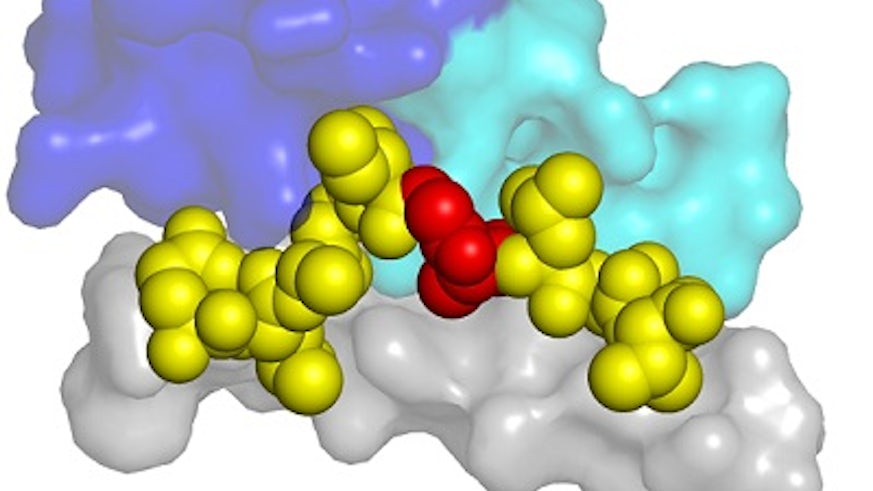Targeting melanoma
9 July 2013

University scientists have made a significant advance in their ability to target skin cancer. Researchers at the School of Medicine are part of a team that has developed an artificially enhanced molecule called a T-cell receptor, derived from a white blood cell that targets and kills melanoma cells.
Working in collaboration with an Oxford-based biotechnology company (Immunocore), scientists at the University were able to solve the molecular structure of the enhanced T-cell receptor, bound to a fragment from a melanoma cell.
The T-cell receptor was engineered to bind to cancerous cells with a 30,000-fold improved affinity using technology developed by partners, Immunocore. Molecular visualisation using X-rays (the technique used to solve the structure of DNA) enabled them to understand how this molecule targets melanoma cells with high specificity and affinity.
Dr David Cole of the Institute of Infection and Immunity at the School of Medicine said:
"We wanted to visualise these novel molecules at the molecular level to better understand how they work. We hope that these experiments will provide the information we need to safely improve these T-cell receptors to target cancer and other types of human diseases."
Dr Ian Lewis, Associate Director of Research at the Welsh Cancer Charity Tenovus, said;
"We are extremely proud to be associated with this research that seeks to improve the treatment of malignant melanoma, one of the most aggressive and increasingly common cancers in the UK.